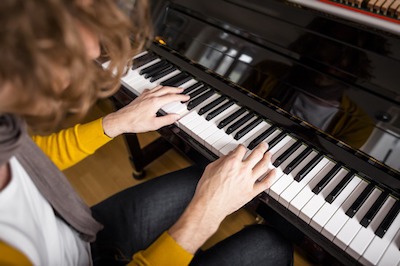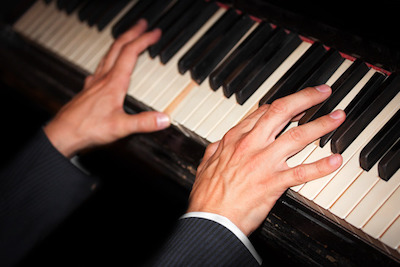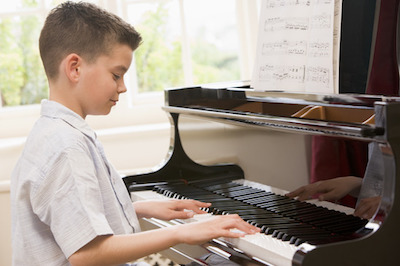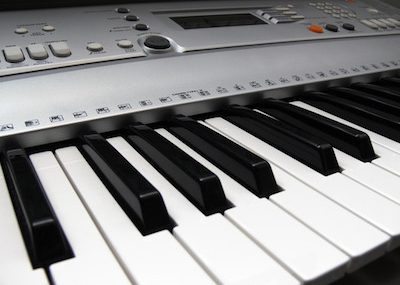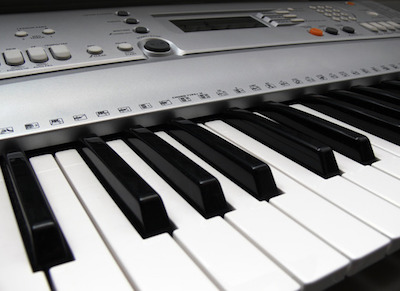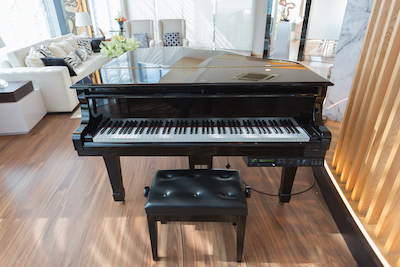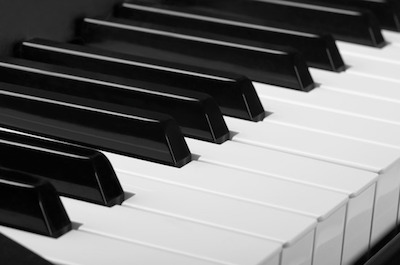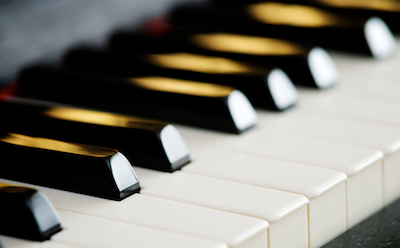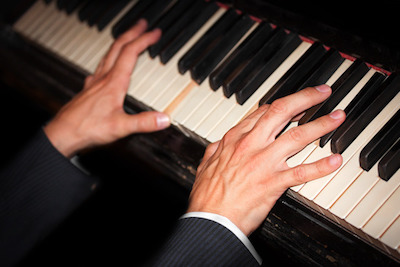Want to boost your child’s self confidence and self esteem? Maybe it’s time to introduce music into their lives.
Many studies exist showcasing just how important music is in our lives.
One study allowed participants to create in an open studio for 45 minutes, then provide brief comments about their creations. In all cases, the creative process improved positive self efficacy.
Another study showed that when participants engage in music therapy, they are more open to experiences and ways to explore and perceive themselves and others in different ways.
Still another study showed that the more time a child spent on music activities, the deeper they moved into training and learning, the more self esteem grew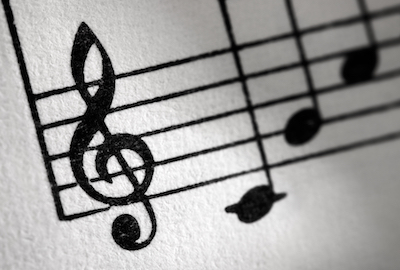
Whether your child takes piano lessons one on one, or uses their knowledge in a group setting either in school or in a private setting, you’ll be teaching your child many lifelong skills.
Real World Skills
Children that engage in music regularly improve critical and creative thinking, hand-eye coordination, motor skills, as well as social skills. They learn persistence, problem solving, and learning how to work hard on a project until it’s completed.
Become A Better Student
When a child builds self esteem, they try harder in the classroom. They feel more confident in their answers, and are more likely to engage in team and individual activities. They provide a well-rounded education.
Increase self expression
When a child has higher self esteem, they are more likely to express themselves in a variety of ways. They develop their “voice” by playing music, and use that in all activities they choose to take part in.
Increase their sense of belonging
Playing music introduces them to a variety of people in their community. They work one on one with music instructors, work together as a team to play a song. They learn performance skills and how to interact with an audience. They also develop interpersonal skills and create lifelong friendships in the process.
Is your child ready to make music a part of their lives?

